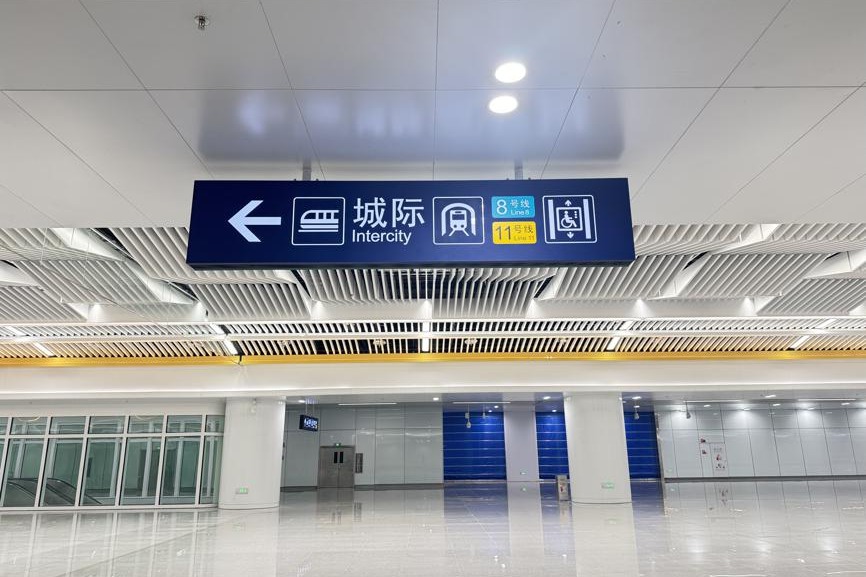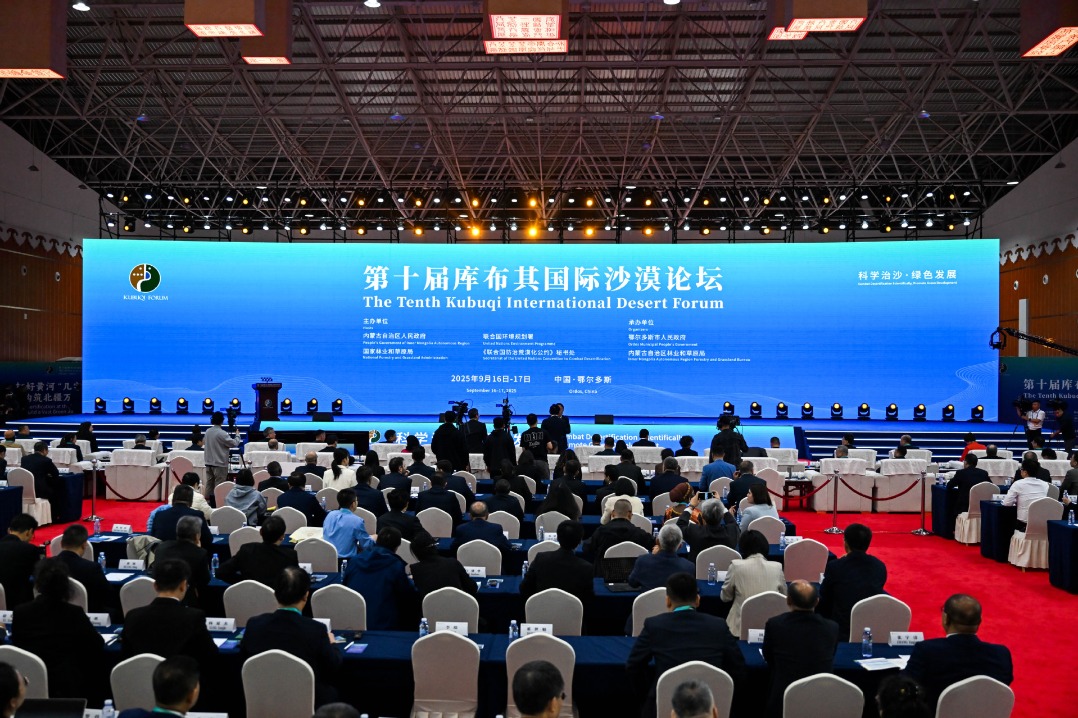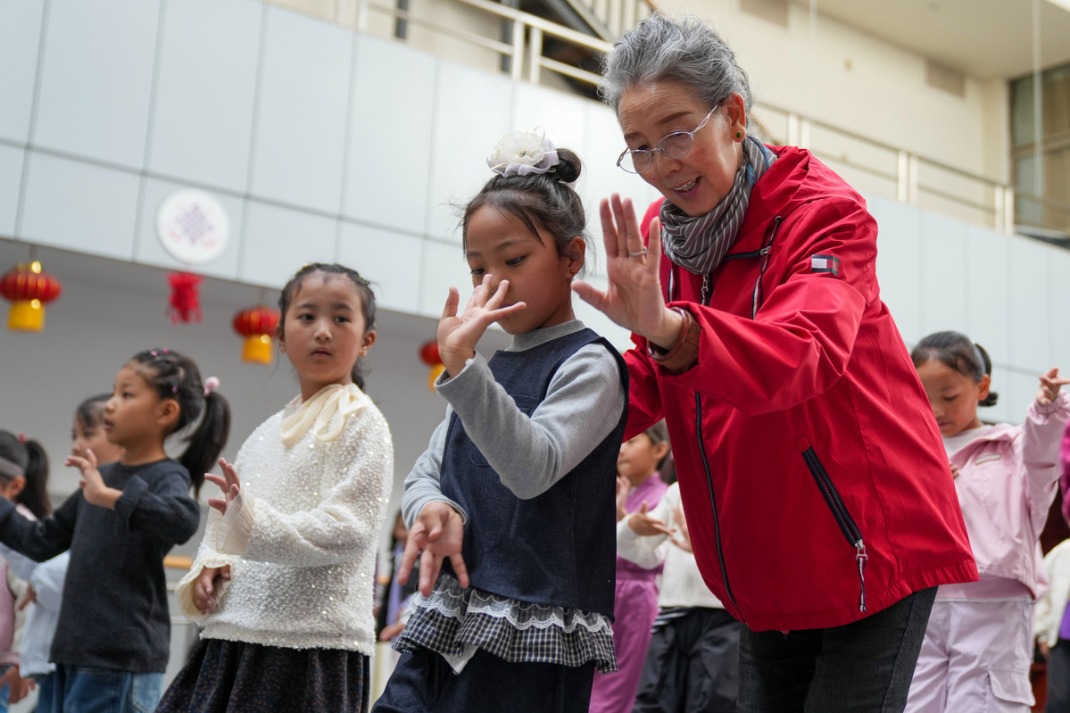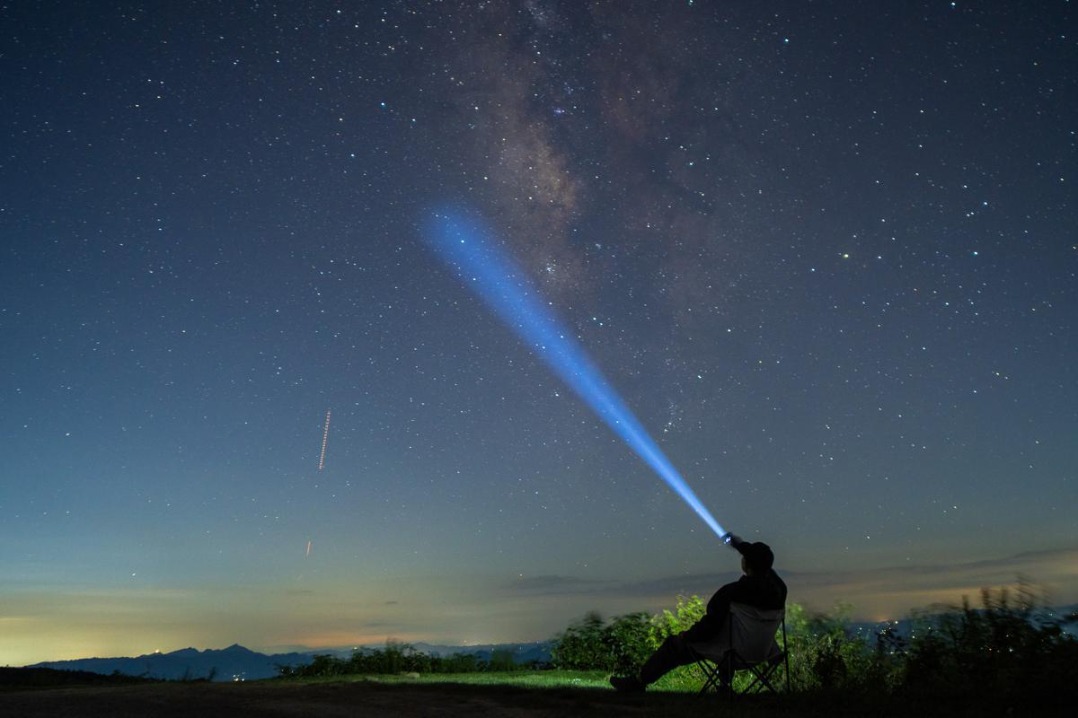Nation issues online conduct rules for clergy
Code prohibits use of religious content for self-promotion, commercialization

The National Religious Affairs Administration has issued a new code of conduct regulating the online behavior of religious clergy in China, in an effort to maintain order in the digital religious sphere.
The code contains 18 articles detailing prohibited online activities for clergy. These include self-promotion, involvement in foreign religious infiltration, spreading extremist ideologies, promoting cults or pseudo-religions, and profiting from religious activities.
Under the rules, clergy may preach or conduct religious education online only through licensed websites, apps, and forums established by recognized religious groups, institutions and temples. To disseminate information or use instant messaging in an official capacity, clergy must submit their clergy certificates to internet service providers for verification.
The code urges clergy to cultivate positive online habits, resist harmful online culture, and avoid using religious content for self-promotion or seeking attention.
In recent years, many clergy have opened personal accounts on social media platforms. Some Buddhist monks gained millions of followers on platforms such as Douyin by sharing videos of their daily lives and promoting Buddhist culture.
The code also bars clergy from engaging with foreign entities online or participating in foreign religious activities. It bans the promotion of pseudo-religions and superstitious activities such as fortune-telling. Online commercialization, including marketing products and livestreaming sales, is also prohibited.
Clergy who violate the regulations will be ordered to make corrections within a specified time, as directed by religious affairs authorities. Noncompliance will bring penalties under existing laws and administrative regulations. In severe cases, authorities may recommend suspending religious activities or revoking clergy status.
According to recent reports of online fraud involving people impersonating monks, in Leshan, Sichuan province, two people posed as monks from Baoguo Temple by purchasing robes and prayer beads, then solicited money from online followers by offering blessings via livestreaming.
The new code builds on the 2022 guidelines issued by the National Religious Affairs Administration and other departments requiring licenses for the online dissemination of religious information.
The move comes as Shi Yongxin, the former abbot of the Shaolin Temple, is under investigation by multiple authorities over allegations of embezzling temple funds and engaging in affairs with several women. The Shaolin Temple has nurtured several online monks, such as Shi Yandian and Shi Yangao, who have amassed millions of followers. However, their videos have been removed from their personal accounts without any reason mentioned.
- Nation issues online conduct rules for clergy
- China starts building ultra-high voltage power line from Xizang to Greater Bay Area
- China holds Chinese modernization and human rights protection seminar
- HKSAR ascends to 15th place on global innovation index
- Hangzhou to welcome global experts on ecology
- Forum lauds China's human rights model





































